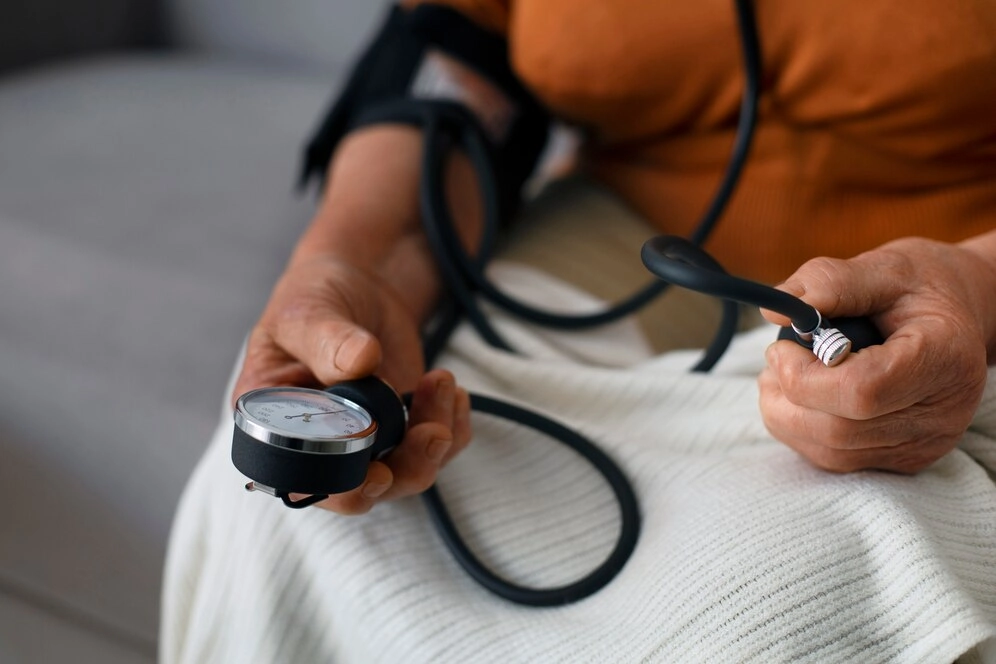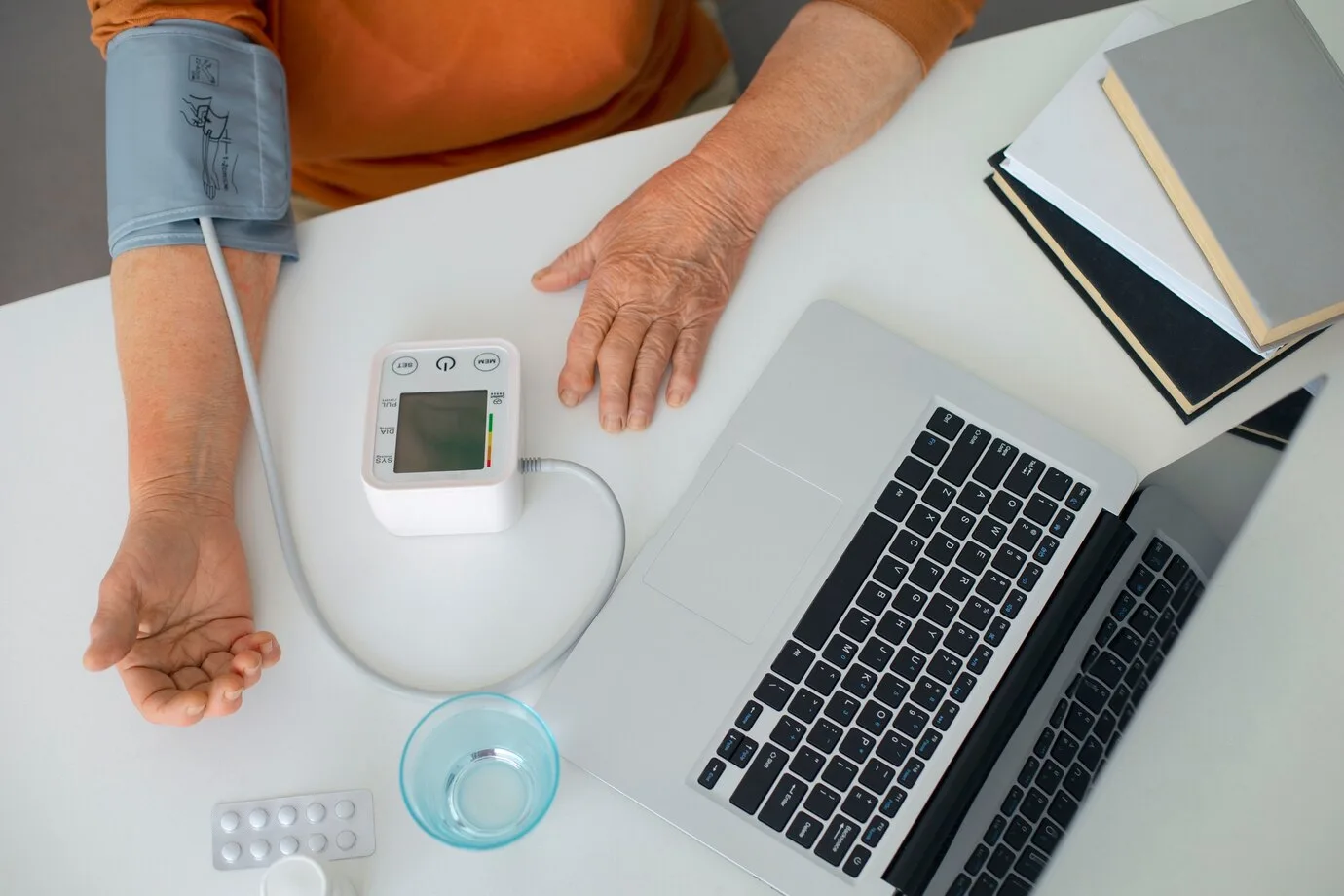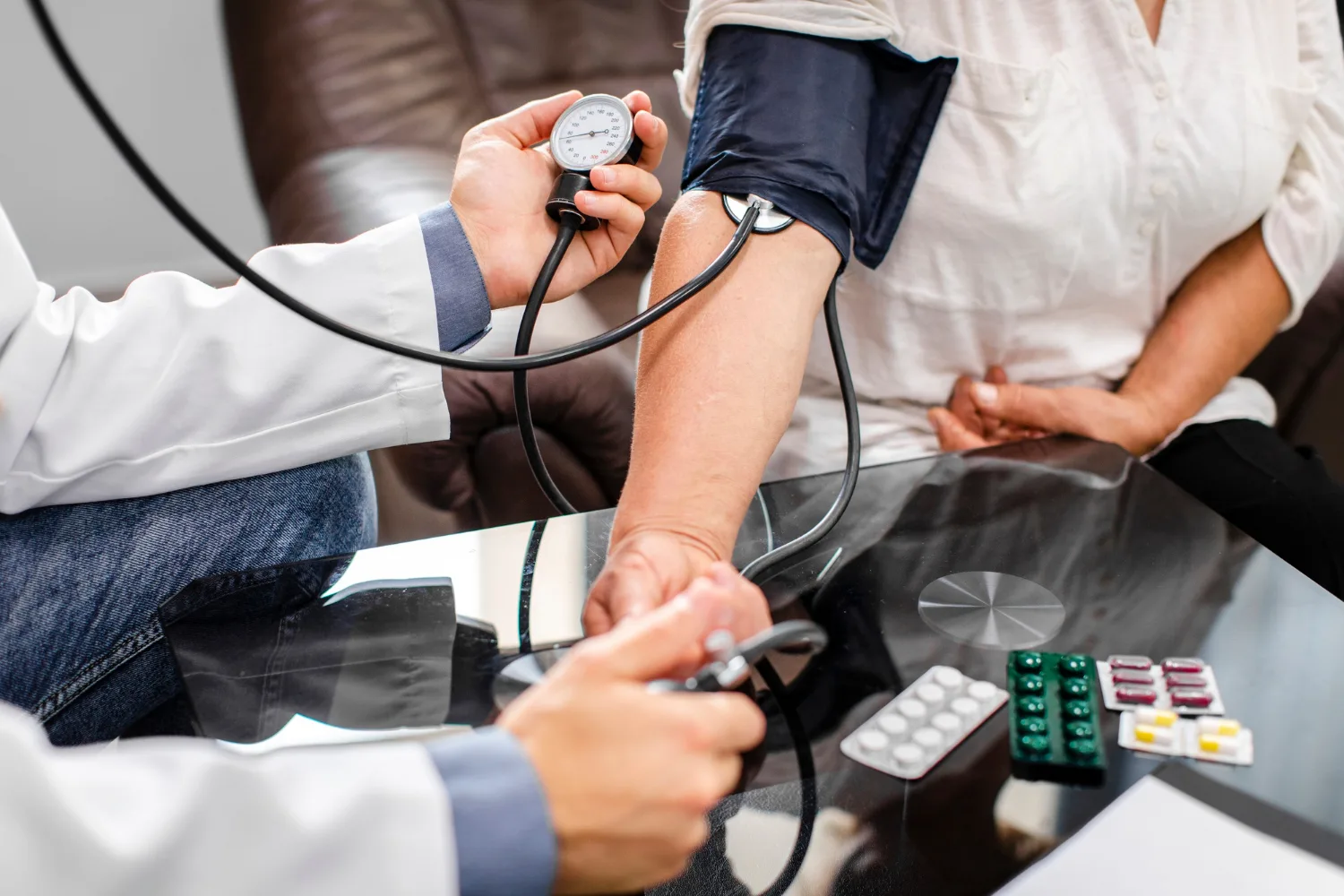Heart Attacks & Cardiovascular Disease: Understanding the Silent Killers
Category: Cardiology
The heart - our body’s tireless engine - works relentlessly, pumping life-sustaining blood to every organ. Yet, it remains vulnerable to conditions that can strike silently and suddenly. Heart attacks and cardiovascular diseases (CVD) are among the leading causes of death globally, earning them the title of ‘silent killers.’ With early detection and lifestyle changes, however, the risk can be significantly reduced.
What Are Cardiovascular Diseases?
Cardiovascular diseases refer to a class of disorders affecting the heart and blood vessels. These include coronary artery disease (CAD), heart failure, arrhythmias, and stroke. Among them, CAD is the most common and often leads to heart attacks. The primary cause is atherosclerosis, a condition where fatty deposits (plaques) build up in the arteries, narrowing them and restricting blood flow.
Understanding Heart Attacks
A heart attack, or myocardial infarction, occurs when blood flow to a section of the heart is blocked, depriving it of oxygen. This damage can be fatal if not treated promptly. The primary culprit is the buildup of plaques, which can rupture and form clots that obstruct the arteries.
Symptoms of a Heart Attack:
- Chest pain or discomfort (pressure, squeezing, or fullness)
- Pain radiating to arms, neck, jaw, or back
- Shortness of breath
- Nausea, vomiting, or cold sweats
- Dizziness or lightheadedness
Risk Factors of Cardiovascular Diseases
Several factors contribute to the development of heart disease, some modifiable and others beyond our control.
Uncontrollable Risk Factors:
- Age: The risk increases with age.
- Gender: Men are more likely to develop heart disease at a younger age, though women’s risk increases after menopause.
- Family History: A genetic predisposition can elevate risk levels.
Controllable Risk Factors:
- High Blood Pressure (Hypertension): Puts excessive strain on the heart.
- High Cholesterol: Leads to plaque buildup in arteries.
- Diabetes: Damages blood vessels, increasing heart disease risk.
- Smoking: Narrows blood vessels and reduces oxygen in the blood.
- Obesity & Physical Inactivity: Increases strain on the heart and contributes to other risk factors.
- Unhealthy Diet: High in saturated fats, salt, and sugar leads to poor heart health.
- Stress & Alcohol Consumption: Elevates blood pressure and cholesterol levels.
Prevention & Management of Cardiovascular Diseases
Although heart disease is a leading cause of mortality, it is largely preventable with the right lifestyle choices.
1. Adopt a Heart-Healthy Diet
A balanced diet rich in fruits, vegetables, whole grains, lean proteins, and healthy fats can significantly reduce heart disease risk. Limit salt, sugar, and trans fats to maintain optimal cholesterol and blood pressure levels.
2. Regular Physical Activity & Exercise
Engaging in at least 30 minutes of moderate exercise five times a week enhances cardiovascular health. Activities such as brisk walking, cycling, swimming, and yoga improve heart function.
3. Quit Smoking, Limit Alcohol & Avoid consumption of Tobbaco
Smoking & consumption of tobbaco damages arteries, while excessive alcohol raises blood pressure and cholesterol. Quitting smoking,tobbaco addiction and moderating alcohol consumption can drastically improve heart health.
4. Manage Stress
Chronic stress can elevate cortisol levels, contributing to high blood pressure and inflammation. Mindfulness, meditation, and deep-breathing exercises can help manage stress effectively.
5. Monitor Health Regularly
Routine health check-ups, including cholesterol, blood pressure, and diabetes screenings, can help in early detection and management of heart disease risk factors.
Emergency Response: What to Do During a Heart Attack?
Time is crucial when dealing with a heart attack. If you or someone nearby experiences symptoms:
- Call emergency services immediately.
- Chew and swallow an aspirin (if not allergic) to help thin the blood.
- Stay calm and try to remain seated while waiting for medical assistance.
- If trained, perform CPR if the person becomes unresponsive.
Conclusion
Heart attacks and cardiovascular diseases may be silent killers, but they don’t have to be inevitable. By making informed lifestyle choices, staying vigilant about health indicators, and seeking medical guidance when necessary, individuals can protect their hearts and lead healthier, longer lives. Lokmanya Hospitals is committed to providing advanced cardiac care and expert guidance to help you stay heart-healthy.
For expert cardiac consultation, visit Lokmanya Hospitals.
FAQs
1. Can heart disease be reversed?
While it cannot be completely reversed, lifestyle changes, medication, and in some cases, surgical interventions can significantly improve heart health and prevent further damage.
2. How does stress contribute to heart disease?
Chronic stress increases cortisol levels, leading to high blood pressure, inflammation, and poor lifestyle habits such as overeating or smoking.
3. Is heart disease only a concern for older adults?
No. Due to sedentary lifestyles, bad dietetry habits, and increasing stress levels, younger adults are also at risk of heart disease.
4. Can I have a heart attack without feeling chest pain?
Yes. Some people, especially diabetics, may experience silent heart attacks with minimal or no pain but with symptoms like fatigue, breathlessness, nausea or sweating.
5. Does aspirin help prevent heart attacks?
For individuals with a high risk of heart disease, a doctor may recommend a low-dose aspirin regimen. However, self-medicating is not advised without medical consultation.
6. What is the role of cholesterol in heart disease?
High levels of LDL (bad cholesterol) contribute to plaque buildup in arteries, increasing heart disease risk. HDL (good cholesterol) helps remove LDL from the bloodstream.






